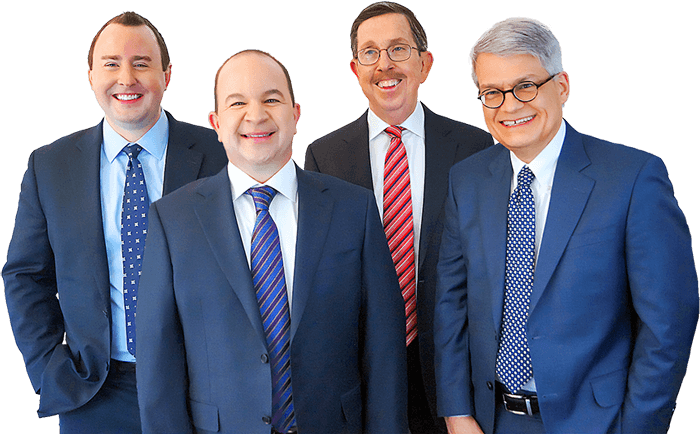In this post, we’ll look a little more closely at what duty an owner may have to someone on the property without permission, i.e., a “trespasser.”
The first thing to note is that trespassing in this instance may or may not be the same as the criminal definition of trespassing. A person may be a “trespasser” for the purposes of premises liability even if the person is not chargeable with the crime of trespassing. In general, a property owner owes very few duties to someone who is on the property without permission. For example, if the owner does not expect a trespasser to be there, the owner does not need to keep the premises in any certain condition with regard to the trespasser. The owner also does not have any duty to warn the trespasser, in general, of dangerous hidden conditions that may exist.
However, this does not mean that a property owner can never be liable for damages to a trespasser in Connecticut. For instance, an owner cannot affirmatively set a trap to injure a trespasser. Setting up a “spring gun” attached to a door mechanism, for example, may trigger liability if someone is injured by it, even while trespassing. Also, once the possessor of the land is actually aware of the trespasser’s presence, the owner owes a duty of due care to the individual. Finally, if an owner should know that children might be on the property, the owner owes a duty to keep them away or repair a condition that may result in an unreasonable risk of death or serious bodily harm. Under Connecticut premises liability law, a property owner may not have many duties to people trespassing upon the land, but the owner is also not completely immune to liability, depending on the particular circumstances.


